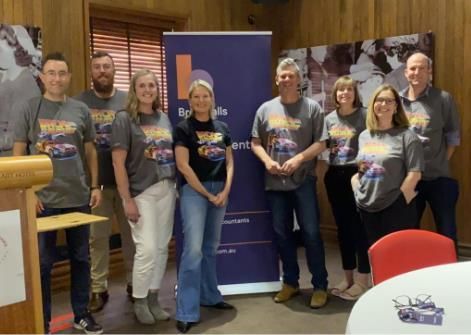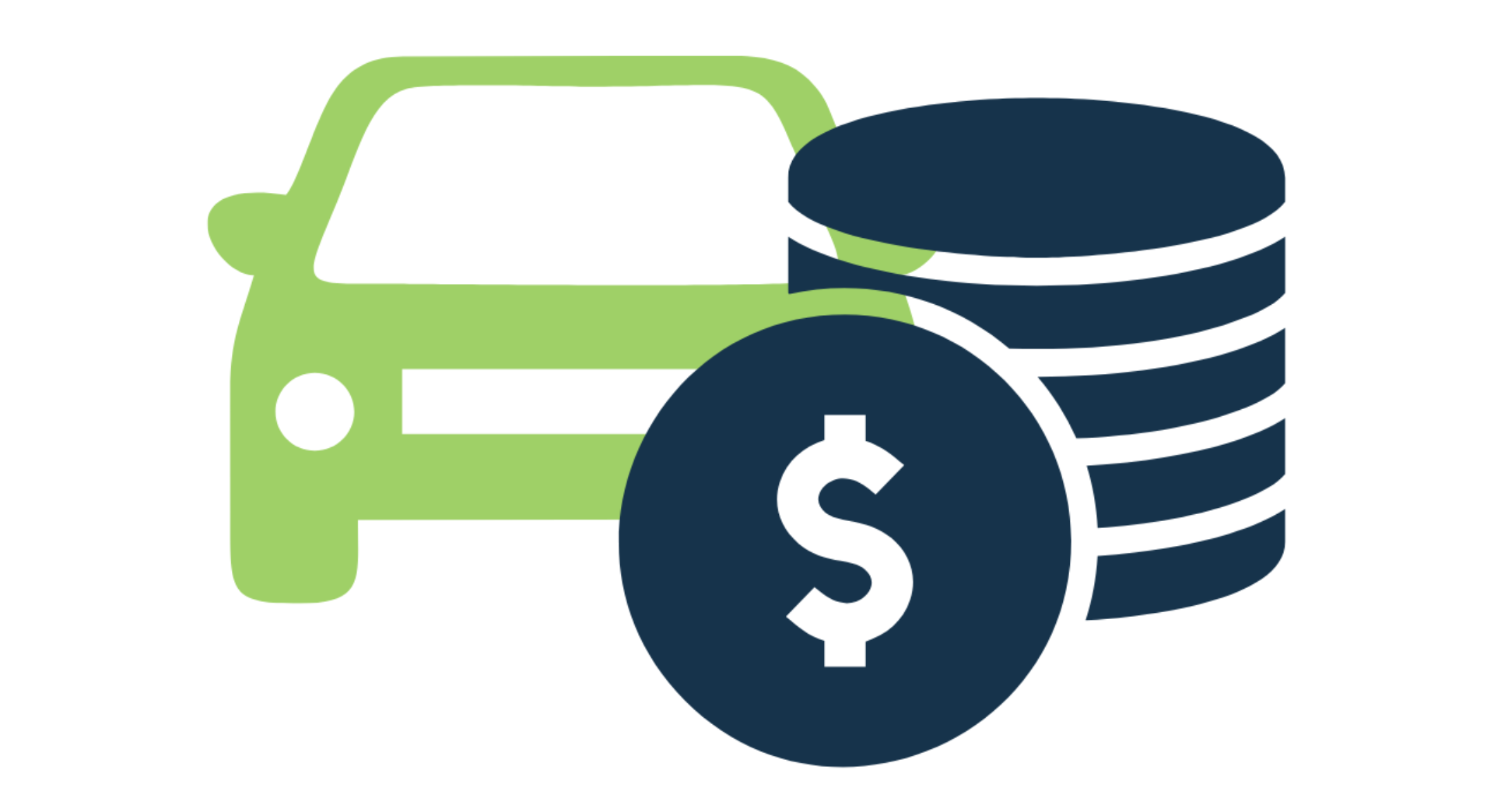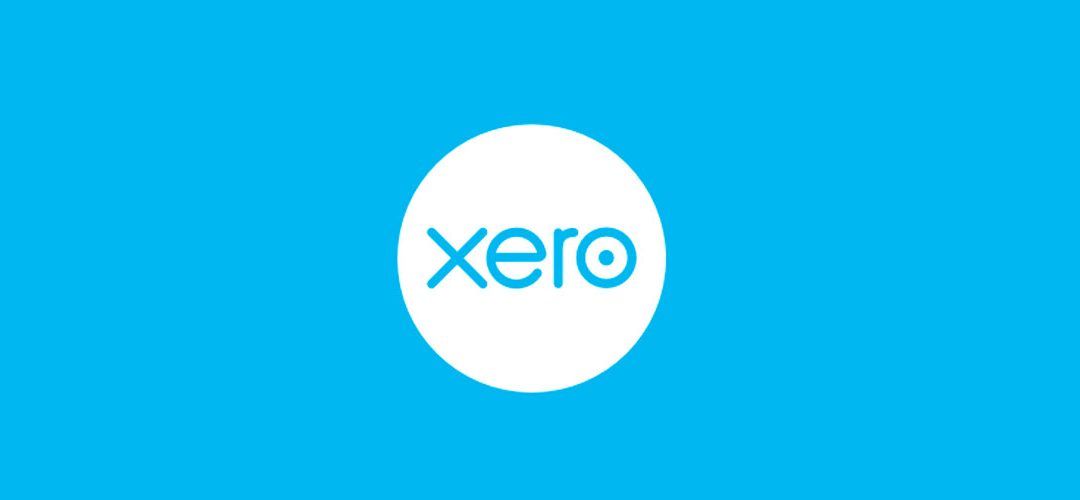Blog
Edit Widget Settings
Blog

By Cogger Gurry
•
March 24, 2025
In February, Hamish McDonald represented our team at the SMSF Association's annual conference in Melbourne, joining over 1,600 SMSF professionals from around the country. The conference covered a wide range of current and emerging issues in the self-managed super fund (SMSF) space. Some of the key highlights included: The proposed Division 296 tax (commonly referred to as the "$3 million super tax") failing to pass through Parliament. Growing interest in SMSFs holding carbon credits and involvement in carbon farming initiatives. Considerations for SMSFs holding land impacted by natural disasters. Strategic opportunities through contribution splitting between spouses. If you’d like to learn more about any of these topics and how they might apply to your circumstances, feel free to get in touch with our Superannuation Team on (03) 5571 0111 to book an appointment.

By Cogger Gurry
•
March 24, 2025
Earlier this month, our leadership team and managers had the opportunity to attend the Brentnalls 56th National Affiliation Conference in Hobart, bringing together professionals from the Brentnalls Affiliation from across Australia and New Zealand to collaborate, learn, and explore the future of our industry. With the theme “Into the Future,” the conference focused on innovation, leadership, and emerging technologies, equipping us with new strategies to enhance our services and support our clients. Key discussions included artificial intelligence in business, building hardiness in leadership, and navigating the balance between tradition and progress. Beyond the valuable insights, the conference was a fantastic opportunity to strengthen relationships within our network, share best practices, and bring fresh ideas back to our firm. We look forward to applying these learnings to continue delivering the best possible outcomes for our clients.

By Cogger Gurry
•
March 24, 2025
If you operate a small business and have a history of failing to comply with your tax obligations, the Australian Taxation Office (ATO) can move you from quarterly to monthly reporting as part of their corrective action. From March 2025, small businesses that have a history of failing to comply will start to receive communication from the ATO notifying them of their new monthly reporting cycle effective from 1 April 2025. These businesses have not responded to previous communications from the ATO and demonstrate a poor compliance history, for example: Paying late or not paying the amount due Not lodging or lodging late Reporting your tax obligations incorrectly. The ATO will notify you in writing if they move you to monthly GST reporting. After 12 months, you can request a change back to quarterly reporting. The ATO will only do this if they are satisfied that you are complying with your obligations. GIC Deductability The Federal Government has announced a plan that general interest charges (GIC) and shortfall interest charges (SIC) incurred on or after 1 July 2025 will no longer be deductible. This is aimed at addressing the increase in tax debt by incentivizing taxpayers to correctly self-assess their tax liabilities and pay on time. If enacted without amendments, it may have significant implications for taxpayers. Whilst the coming Federal Election may delay or even prevent this change from becoming law, it is crucial to be aware of the possible outcome. For more information. Click Here. or call us on 03) 5571 0111

By Cogger Gurry
•
March 24, 2025
The Transfer Balance Cap (TBC) came into effect on 1 July 2017 and reflects the maximum amount you can take as a pension, usually tax free. It is called a Transfer Balance Cap as the amount of pension you can access is transferred from the normal accumulation account where your super was accumulating before you were ready to take a pension and moved into an account called your retirement phase income stream. The benefit of it being in pension phase in the retirement phase income stream is it is generally tax free money when paid to you. This limit was introduced to reinforce the principle that the sole purpose of superannuation is to provide access to retirement income, rather than a means of storing wealth or avoiding tax. Unlike certain other superannuation caps, the Transfer Balance Cap is not indexed yearly, rather it is annually adjusted based on CPI in increments of $100,000. The cap began at $1.6 million in 2017, was $1.9 million in the 2024 Financial Year, and will increase to $2.0 million for the 2025 & 2026 Financial Years. Your personal Transfer Balance Cap is determined by what the cap was at the time when you first started a Retirement Phase Income Stream. For example, if you first began a Retirement Phase Income Stream in the 2023 Financial Year, your lifetime Transfer Balance Cap would be whatever the cap was in that year, being $1.9 million. It is worth noting that while your transfer balance is a lifetime limit, any unused cap may see a proportional increase based on any future cap increases. Also, the cap only applies to amounts transferred into a Retirement Phase Income Stream and does not include future earnings on these amounts. If your Transfer Balance Cap is exceeded, the excess must be withdrawn from the Income Stream or transferred back into your Accumulation Account, and excess transfer balance tax will need to be paid. The ATO Online Services can be utilised to help track your personal balance cap. Alternatively, please contact our office for specific advice or assistance with any Transfer Balance Cap questions or matters. If you would like to know more, please call our office on 03) 5571 0111 or email us at reception@coggergurry.com.au

By Cogger Gurry
•
March 18, 2025
Xero can be used to manage your business, whether you are a small or a large business, it can be tailored to you and your business needs. CoggerGurry is a Xero Platinum Champion Partner and can assist you with all your business needs. The biggest benefit to utilising Xero is the “Live data” provided and the ability for multiple logins to work together on the same file. We find this allows CoggerGurry to assist with any queries or concerns while dealing with your accounting needs. Through Xero you can pay bills, process payroll, store files and keep track of inventory. There is also the option to connect over 1,000 specialised apps to ensure your business can run as efficiently as possible. These apps offer industry specific functionality to assist with Bill Processing, Quoting, Timesheets & Payroll, Customer Payments, HR and Inventory. Featured industries include Agriculture, Automotive, Construction & Trade, Health, Hospitality, Manufacturing, Retail amongst others. If you want to find out more or understand how Xero can help your business, please get in touch.

By Cogger Gurry
•
March 18, 2025
As a small business owner, you understand the importance of getting your GST right. If you have incorrectly charged GST on a sale, don’t panic – there are steps you can take to fix the situation. The key factor is whether you have passed the GST on to your customer. This means that if you have charged GST and issued a tax invoice, it is considered to have been passed on. If you have overcharged GST, the most effective way to recover the excess GST is to reimburse the customer. Once you refund the excess GST, you can then adjust your next BAS to recover this amount. If you have not charged GST, the most effective way to recover this is to issue your customer an invoice to pay the extra GST amount or you can remit 1/11 of the original sale amount. If you did not pass on the GST, you have two options: For small businesses (turnover under $20 Million), correct it on a later BAS if the adjustment being made is under $12,500, or if it is over $12,500 revise the original BAS. For larger businesses (turnover greater than $20 Million), revise the original BAS. If you would like assistance, please call our office on 03) 5571 0111 or email us at reception@coggergurry.com.au

By Cogger Gurry
•
February 13, 2025
A quick reminder for all employers: the Superannuation Guarantee (SG) rate is set to increase. Currently, you’re required to contribute 11.5% of your employees' ordinary time earnings (OTE) to their super. However, from 1 July 2025 , this will rise to 12% . Super contributions must be paid at least quarterly to eligible employees, so now is the time to plan for this change and ensure your payroll systems are updated. Stay ahead of the update and keep your business compliant. Did you know we also offer Bookkeeping and Payroll Support ? Call us today to discuss how we can help 03 5571 0111

By Cogger Gurry
•
February 13, 2025
Australia’s super system plays a vital role in ensuring financial security for individuals in retirement. However, how superannuation is taxed can appear complex. In Australia, superannuation is taxed at three main points: contributions, investment earnings and withdrawals. This structure is known as a TTE (taxed, taxed, exempt) system: contributions to the superannuation fund are taxed and the investment earnings within the fund are also taxed, but withdrawals made during retirement are generally exempt from tax. That is, in Australia’s system: Contributions, including those made by employers under the super guarantee (SG) and voluntary concessional contributions, are taxed at a concessional rate of 15%. This is lower than the rates that apply to most other forms of income, providing a tax advantage. Earnings generated from fund investments during the accumulation phase are also taxed at a flat rate of 15%. This is beneficial because it’s lower than the tax rates that typically apply to investment income earned outside of superannuation. Withdrawals made during retirement are generally tax-free. This is intended to enhance the appeal of building super savings over your working life, ensuring you have a tax-effective income stream in retirement. Call us today to discuss your superannuation with one of our experts 03 5571 0111

By Cogger Gurry
•
February 13, 2025
Staying on top of the ATO’s focus areas for 2025 will help your business stay compliant and avoid unnecessary stress. The ATO has highlighted key areas where businesses often make mistakes, so you can take proactive steps to manage your tax responsibilities. Keep Business and Personal Finances Separate Your business’s money and assets should not be treated as your personal funds. Using company money for personal expenses without proper documentation can lead to issues with the ATO. If you take money from your business, it may be treated as a loan that needs to be properly recorded and repaid with interest. If not managed correctly, this can result in unexpected tax bills or penalties. Claim Deductions and Concessions Correctly Many small businesses make mistakes when claiming tax deductions and concessions. The ATO is paying close attention to how businesses apply for small business capital gains tax (CGT) concessions and report business losses. If you’re claiming a deduction, ensure you meet all the requirements to avoid having to pay back incorrectly claimed amounts or facing penalties. Follow the Tax Rules The ATO is cracking down on businesses that under-report income, over-claim expenses, or use business funds for personal spending. Poor record-keeping and cash flow management can also raise red flags. Good financial habits will help you stay compliant and avoid unnecessary scrutiny. For more information from the ATO, read the full details here
Address
44 Gray Street
Hamilton Vic 3300
Call Us
Mail Us
 Brentnalls
Brentnalls
 Xero Platinum
Xero Platinum
 CA
CA
 Figured
Figured
 MYOB
MYOB
 Tax Prac
Tax Prac
Liability limited by a scheme approved under Professional Standards Legislation.
Copyright CoggerGurry ©
| Privacy Policy
| Site Map
| Websites for accountants by Wolters Kluwer
